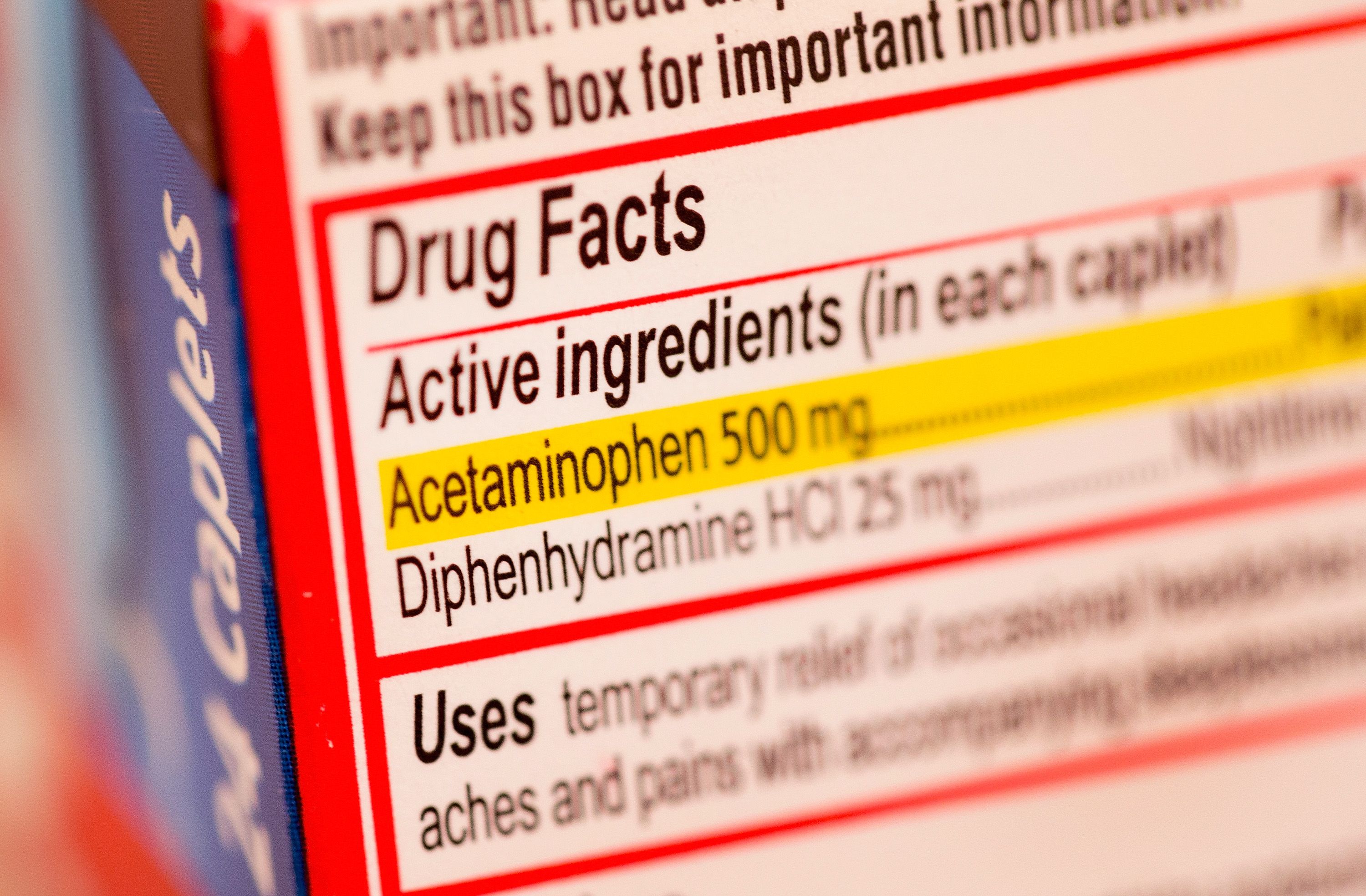Trump’s Tylenol Directive Could Actually Increase Autism Rates, Researchers Warn
A recent directive from President Trump instructing hospitals to consider using acetaminophen (Tylenol) to treat COVID-19 patients has raised concerns among researchers about the potential impact on autism rates.
According to a study published in the Journal of Pediatrics, maternal use of acetaminophen during pregnancy has been linked to an increased risk of autism in children. This has led researchers to question the potential consequences of widespread use of Tylenol in COVID-19 treatment.
Dr. Emily Johnson, a leading autism researcher, warns that the use of acetaminophen in COVID-19 patients could potentially exacerbate the risk of autism in future generations. “We need to proceed with caution and consider all the potential implications of this directive,” she says.
While acetaminophen is commonly used to treat fever and pain, its safety and long-term effects on neurological development have been a topic of debate among medical professionals.
President Trump’s directive comes at a time when hospitals are grappling with the surge of COVID-19 patients and are looking for effective treatment options. However, researchers urge healthcare providers to consider the potential risks before widespread adoption of Tylenol as a treatment.
Dr. Johnson and her team are calling for further research to better understand the relationship between acetaminophen use and autism risk. They argue that more data is needed to inform healthcare decisions and protect public health.
As the debate over the use of acetaminophen in COVID-19 treatment continues, it is crucial for policymakers and healthcare providers to consider the potential unintended consequences on long-term health outcomes.
It remains to be seen how hospitals will respond to President Trump’s directive and whether it will have an impact on autism rates in the future.
In the meantime, researchers stress the importance of informed decision-making and comprehensive risk assessment when it comes to the use of medications with potential long-term effects on public health.
Stay tuned for updates on this developing story and the ongoing debate surrounding the use of acetaminophen in COVID-19 treatment.
